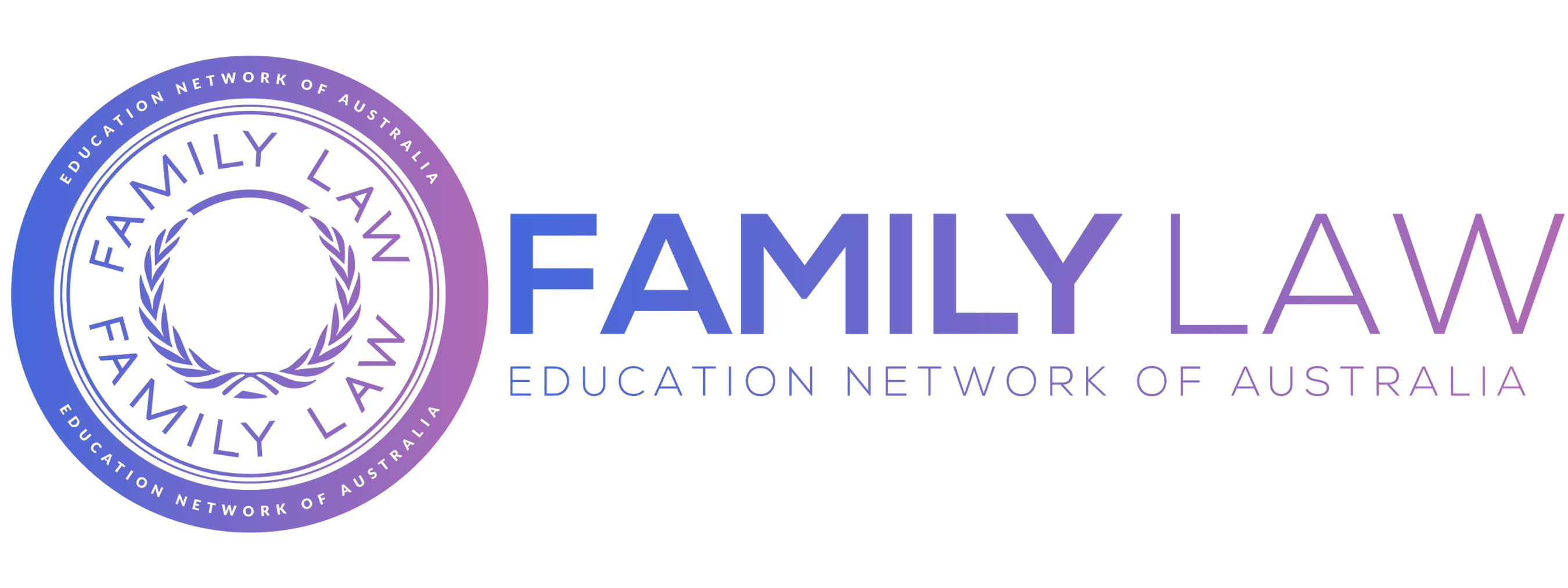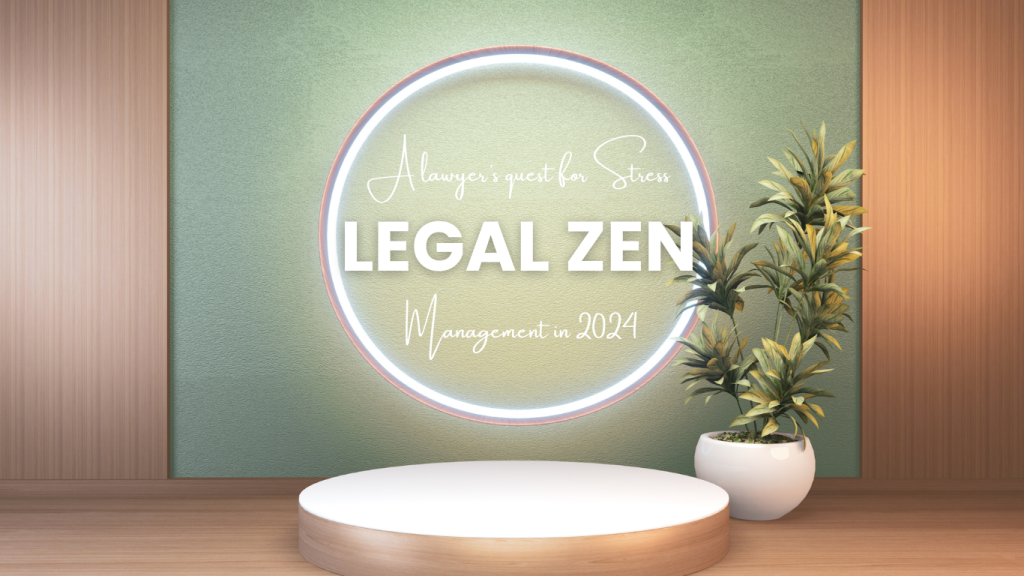July 2024: Meditation
As Lawyers we sit in a landscape of a constant, and typically growing, to do list. Looming court deadlines, demanding clients and the ever imposing nature of emails as the primary form of communication has meant that as lawyers we live in a world of constant “noise”.
Meditation, long considered a practice for monks and spiritual seekers, is now being recognised as a powerful tool for anyone seeking to gain, and maintain, between mental clarity and balance.

Why should we meditate
Meditation has a lot of practical benefits that extend beyond relaxation including:
- Improved focus and productivity – one of the most immediate benefits of meditation is the ability to improve focus. A cluttered mind struggles to prioritise, and focus on tasks. We can find our minds wandering and wasting billable hours however regular meditation can train the mind to filter out these distractions and help us to concentrate and get more out of our workday.
- Stress management – workplace stress can be overwhelming and lead to burnout, reduced job satisfaction, and even physical illness. Meditation offers a way to manage stress at its roots by calming the nervous system. Mindfulness techniques can also help you remain present and centered in stressful situations.
- Enhanced emotional intelligence – meditation not only sharpens focus by also increases emotional awareness, an asset that is particularly important in the highly emotive area of family law. Meditation can encourage you to have a deeper connection with your own emotions, enabling you to respond thoughtfully rather than reactively to others’ emotions.
- Boosted creativity and problem-solving – creativity in law can be a significant asset, allowing you to deliver unique solutions to complex family law problems. Meditation can encourage reflection and a shift in perspective, allowing innovative ideas to emerge.
How to get started
There are many free and paid services that offer meditation for first-timers which will help walk you through your first meditation. The best piece of advice I can give is that if a thought pops into your mind when it is not intended don’t ignore it, make space for the thought, acknowledge it, and consciously confirm that you will come back to it after the meditation.
Meditation is certainly not a competition and there is no “winning” in meditation, it may take you several weeks or months to get to a space where you can meditate in a manner that is effective for you.
For me, there is no such thing as a clear or empty mind, but narrowing my focus into one or two areas is achievable and has been a game changer in providing greater clarity to my usually busy mind.
I recommend using guided or partially guided meditation if you are looking to slow down and refocus.
I also highly recommend using music for meditation to focus when working on deep work such as significant drafting.


The Verdict
The Zen Curious Lawyer is a strong advocate for meditation. It was a tool I found during COVID and have come back to it several times since.
Incorporating meditation into your daily routine isn’t just about finding peace of mind – it’s about enhancing your professional performance and overall well-being. By taking a few moments to pause and reconnect with yourself, you can navigate your workday with greater clarity, manage stress more effectively, and ultimately perform at your best.
Daily meditation does not need to mean a dramatic lifestyle change. Incorporating a 5 – 10 minute meditation practice into your morning can improve your outlook at the start of your work day. A brief meditation prior to attending a stressful client appointment, mediation, conciliation conference or court event can also assist you in bringing clarity and calmness to the situation.


